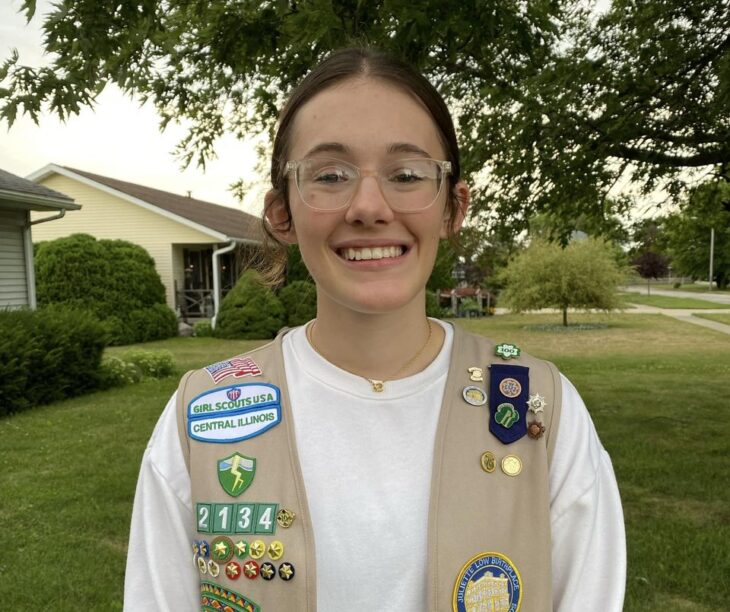“Do adults need vaccines?”
By: Jeanelle Murphy, DO
Yes, adults definitely should have vaccines and keep up their childhood vaccines by having booster shots on schedule.
Examples of adult only vaccines are Shingrix-the vaccine that prevents a person from coming down with Shingles, a painful rash that may lead to chronic pain. Shingles is a reactivation of the chicken pox virus. All adults over the age of 50 years should receive two doses of Shingrix 2-6 months apart to be protected from Shingles.
Another adult only vaccine is Pneumovax, (Pneumococcal 23). This vaccine is recommended for all adults over the age of 65 years and adults with heart or lung disease or adults with a compromised immune system from age 19-64 years. Pneumovax should be given every 5 years if the person is under 65 years old and once after the age of 65 years. Prevnar ( Pneumococcal 13) should be given first after the age of 65 years followed by Pneumovax within a year after the Prevnar vaccine. Prevnar is also a childhood vaccine given first at the age of 2 months old.
There are other adult vaccines recommended if a person will be traveling to other countries, these can be found on the CDC website and depends on which countries the person will be visiting.
Booster shots that adults should continue to receive throughout their lifetime are Tdap (Tetanus, Diphtheria and Pertussis) which is given for the first time at the age of 11 years then every 10 years thereafter. Tetanus is a terrible neurologic disease also known as “Lock Jaw” that can affect any age and can be contracted by stepping on a dirty nail or receiving a dirty cut. Diphtheria is a life threatening bacterial throat infection that we no longer see in the United States because of the vaccine. Pertussis is a bacteria that causes whooping cough, a severe lung infection that can be life threatening to infants and sickens people of all ages. It is important for adults to keep up with their Tdap boosters every 10 years to protect themselves and others.
Flu vaccine is to be given every year for everyone over the age of 6 months to help prevent Influenza A and B which can be severe and life threatening for some people.
If an adult has not received certain childhood vaccines or if they have lost their acquired immunity to these childhood vaccines (determined by checking a titer which is a blood test) it is important that they receive the vaccine again. These vaccines include MMR (Measles, Mumps and Rubella), Varicella (Chicken pox) if they have not had Chicken Pox disease, Hepatitis A and B as well as Gardasil if not previously received (HPV vaccine). Measles is an extremely contagious virus that causes a febrile illness with rash and upper respiratory infection symptoms that can be life threatening to some. Mumps is a viral illness that causes swelling of the salivary glands in the face and can cause inflammation of the testicles of boys can lead to infertility. Rubella is a viral illness that may cause a mild febrile illness in adults and can be life threatening to or cause birth defects such as deafness in an unborn child of an infected mother. Hepatitis A can cause a severe liver infection that is short lived and generally not life threatening to adults and Hepatitis B can cause chronic liver disease which can be life threatening. Hepatitis B virus can also cause liver cancer. Gardasil is a 3 dose series given to adults of both genders ages 18-45 years if they did not receive the vaccine as children. Gardasil is a vaccine against human papilloma virus which can cause cervical cancer in women, penile cancer in men (rare) as well as genital warts in both genders.
There is not yet a safe and effective Covid-19 vaccine in general use however when it is available and proven to be safe and effective I do encourage all adults to be vaccinated as suggested to protect themselves and others from this potentially deadly virus.





























You must be logged in to post a comment.